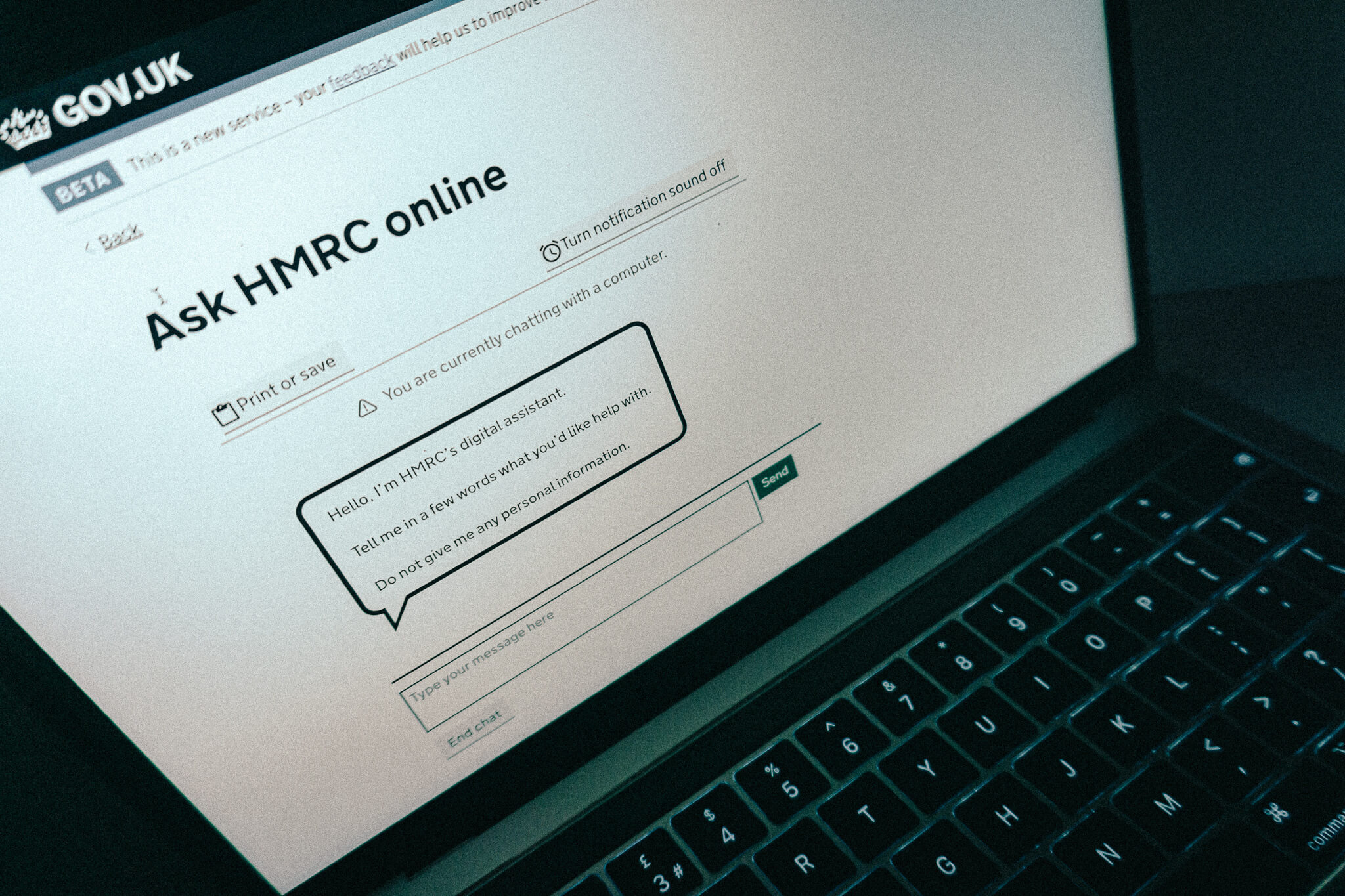Major government supplier will also provide £5m in costs, following landmark decision from watchdog the Financial Reporting Council, which leads to CEO admitting senior figures ‘didn’t do their job properly’
Global professionals services outfit KPMG has been fined £21m and told to pay a further £5.3m in costs for failing to identify the true state of collapsed outsourcing giant Carillion’s finances in the years before its demise.
Regulator the Financial Reporting Council said the shortcomings of KPMG – which has won various multimillion-pound public sector tech contracts – stretched over multiple years before Carillion went bust in early 2018 with around £1.5bn in debt. It said KPMG had lacked “an adequate degree of professional scepticism” in its work with the business.
At the time of its demise Carillion had around 420 public sector contracts including building two new hospitals, parts of the HS2 rail network, providing school meals and maintaining sites such as military bases and prisons.
In damning decision issued last week, the FRC said KPMG and its former partner Peter Meehan had been “seriously deficient” in the three years leading up to Carillion’s collapse because they had not properly established its true financial position.
“KPMG and Mr Meehan failed to respond to numerous indicators that Carillion’s core operations were lossmaking and that it was reliant on short term and unsustainable measures to support its cash flows,” the FRC said.
It added that over the period KPMG had not gathered enough evidence to properly conclude Carillion’s financial statements were true and fair – a basic requirement of an auditor’s report – and had not considered evidence that its accounting might have been incorrect or unreliable.
The FRC also found KPMG and former partner Darren Turner had failed to properly scrutinise the background to a “significant increase” in Carillion’s reported profit for 2013. The regulator said Carillion’s presentation of payments related to a change of provider for outsourced IT and business-services was behind the increased profits for the year.
Related content
- Government changes risk-management model for major suppliers in light of Carillion collapse
- Government to tighten outsourcing processes
- Government lobbies for long-term bans for top Carillion execs
It said KPMG had not probed deeply enough into whether statements related to those transactions “might be misleading”. The Insolvency Service has previously said Carillion successfully concealed the true nature of the arrangements from auditors.
In addition to the fines handed out to the business, Meehan was fined £350,000 and Turner was fined £70,000. The FRC said all of the fines included a 30% discount reflecting cooperation with the investigation and admissions.
FRC director of enforcement Elizabeth Barrett said the financial sanction imposed on KPMG was the highest that had ever been levied by the regulator.
“The credibility of reports and opinions issued by auditors in connection with financial statements depends upon beliefs concerning the integrity, objectivity and independence of auditors and the quality of the audit work performed,” she said. “The number, range, and seriousness of the deficiencies in the audits of Carillion during the period leading up to its failure was exceptional and undermined that credibility and the public trust in audit.”
“Many of the breaches involve failing to adhere to the most basic and fundamental audit concepts such as to act with professional scepticism and to obtain sufficient appropriate audit evidence. The breaches in relation to the 2016 audit even include failing to ensure that the audit process itself was properly managed and that the audit file was a reliable record. These requirements lie at the heart of proper auditing.
‘Junior colleagues badly let down’
Jon Holt, KPMG’s UK chief executive and senior partner, said the FRC’s findings were damning.
“It is clear to me that our audit work on Carillion was very bad, over an extended period,” he said. “In many areas, some of our former partners and employees simply didn’t do their job properly. Junior colleagues were badly let down by those who should have set them a clear example, and I am upset and angry that this happened at our firm. As an auditor, I simply cannot defend the work that we did on Carillion. As the chief executive of KPMG, I am determined that we face up to this failure, and I am absolutely committed to continuing to work with my colleagues across the business to ensure that nothing like this can happen again.”
Holt said the firm had done “an enormous amount” to improve controls and oversight across the firm in a bid to ensure similar failings could not be repeated.
Last week former Carillion chief executive Richard Howson was disqualified from serving as a company director for eight years because of his conduct at the helm of the business.
The Insolvency Service said Howson had caused the company to report on the performance of major construction contracts in a way that “falsified and concealed” the reality of their deterioration and “Carillion’s consequent grave and deteriorating financial position”.
It said Howson had enabled Carillion to procure payments from technology consultancy Wipro in 2013, 2014 and 2016, which were wrongly reported and accounted for as profits – overstating profit by £39m and understating net debt by £41m.
The Insolvency Service said Howson “ought to have known” of the false accounting, profit overstatement and net debt understatement, and of the concealment from the auditors of the true picture regarding Carillion’s obligation to make repayments to Wipro.




